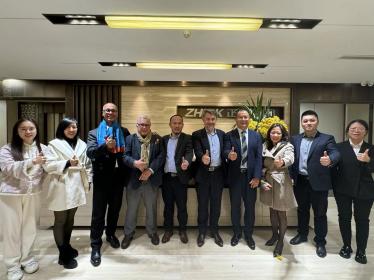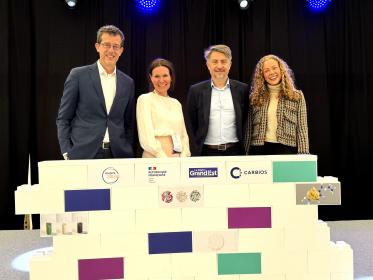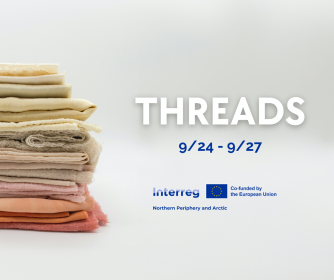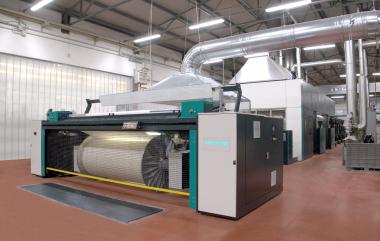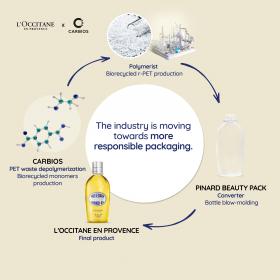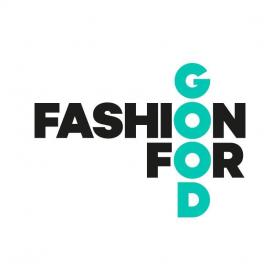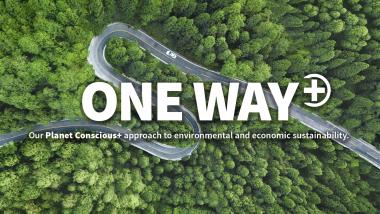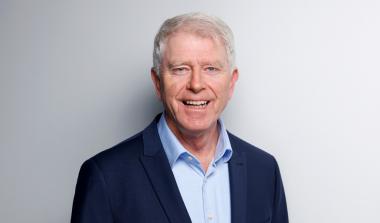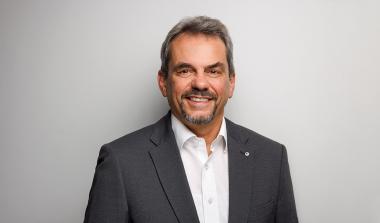CARBIOS and Zhink Group: Partnership for PET biorecycling in China
CARBIOS and Zhink Group, specializing in two global industries, PET and textiles, announce the signing of a joint Letter of Intent to build a biorecycling plant in China using CARBIOS’ revolutionary enzymatic depolymerization technology to serve the global market. This agreement officializes collaboration towards a long-term partnership in view of a first licensing contract to build a plant with a minimum annual processing capacity of 50k tons of prepared PET waste and would contribute to accelerating a circular economy for plastic and textiles. China is a key market for CARBIOS, and this agreement would establish a presence in this dominant market.
With 67 million tons of PET produced annually, representing 61% of global production[1], China is the world's largest PET producer. With regional and global demand for recycled PET growing, China also has the potential to take the lead in recycled PET (r-PET) production. In 2021, 58% of the world’s r-PET was consumed in Asia (with 38% in China[2]) underscoring this region’s importance both as a major producer and consumer.
Furthermore, China is a key transformer of PET into resins and fibers used in numerous applications in the packaging and textile industries. Most notably, China is the primary country for transforming PET into fiber, representing 78% of all PET fiber transformation in the world[3].
For Zhink, the strategic focus is on the development of two global industries, PET and textiles, and to be a leader with sustainable competitiveness. Zhink is a major actor within the PET market with an annual production of 3 million tons of PET, serving domestic and global markets. CARBIOS has developed a enzymatic depolymerization technology that enables efficient and solvent-free recycling of PET plastic and textile waste into virgin-like products. The initial agreement between the two groups would allow Zhink to increase its recycled PET capacities and meet its sustainable competitiveness objectives by offering r-PET from enzymatic recycling: a circular recycling solution that can process all types of PET waste including hard-to-recycle waste (such as opaque and colored bottles, multilayer food trays and textile waste) while reducing CO2 emissions by 57%[4] compared with virgin PET production. For CARBIOS, this agreement marks a significant step in the deployment of its technology worldwide and roll-out of its licensing model to achieve its ambition to become a leading technology provider in the recycling of PET by 2035. This Asia-based plant under license by Zhink would come in addition to the world’s first industrial-scale enzymatic PET recycling plant which is currently under construction in Longlaville, France.
[1] HIS Markit 2021, Market Research Future 2021
[2] HIS Markit 2021, Market Research Future 2021
[3] HIS Markit 2021, Market Research Future 2021
[4] Database ecoinvent 3.8; French scenario, taking into account the detour of 50% of PET waste from conventional end-of-life. Virgin PET: 2.53 kg CO2/kg (cradle to gate)
CARBIOS


